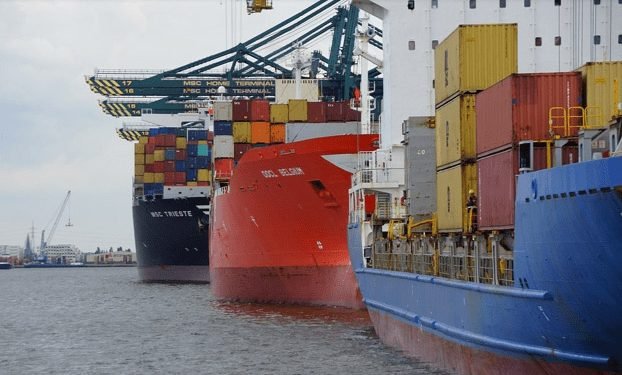Introduction
At the recent Port News Summit, maritime stakeholders voiced concerns over the heavy reliance on foreign entities in Nigeria’s shipping and logistics industry. With foreign companies controlling 98% of shipping activities, particularly in the oil and gas sector, the nation’s economic sovereignty and local business growth are under scrutiny.
Challenges Facing Local Operators
The dominance of foreign firms has marginalized local shipping companies, leaving them with just 2% of the market share. This imbalance limits opportunities for Nigerian operators to gain experience, grow their businesses, and create jobs. The lack of access to funding and competitive policies further hampers the ability of local firms to thrive.
Policy Reforms Demanded
Industry leaders at the summit called for immediate government action to promote indigenous participation. Key recommendations include:
- Cabotage Law Revisions: Strengthening and enforcing laws to prioritize local operators for coastal and inland shipping.
- Financial Incentives: Providing accessible funding and subsidies to empower Nigerian shipping businesses.
- Regulatory Enforcement: Ensuring strict compliance with policies that reserve specific maritime operations for indigenous players.
Government Efforts in Progress
The Nigerian Maritime Administration and Safety Agency (NIMASA) has initiated steps to boost local participation. Collaborations with the Nigerian National Petroleum Corporation (NNPC) aim to allocate crude oil transportation rights to Nigerian-owned vessels, a move designed to level the playing field.
Building Local Capacity
Stakeholders emphasized the importance of training and development programs to equip Nigerians with the skills and expertise needed to compete in the global maritime industry. Investments in infrastructure and digital transformation were also highlighted as crucial for the sector’s growth.
Conclusion
Tackling foreign dominance in Nigeria’s shipping sector is vital for fostering a self-reliant maritime industry. By implementing robust policies and empowering local businesses, Nigeria can unlock its potential as a competitive force in global logistics while strengthening its economic independence.























